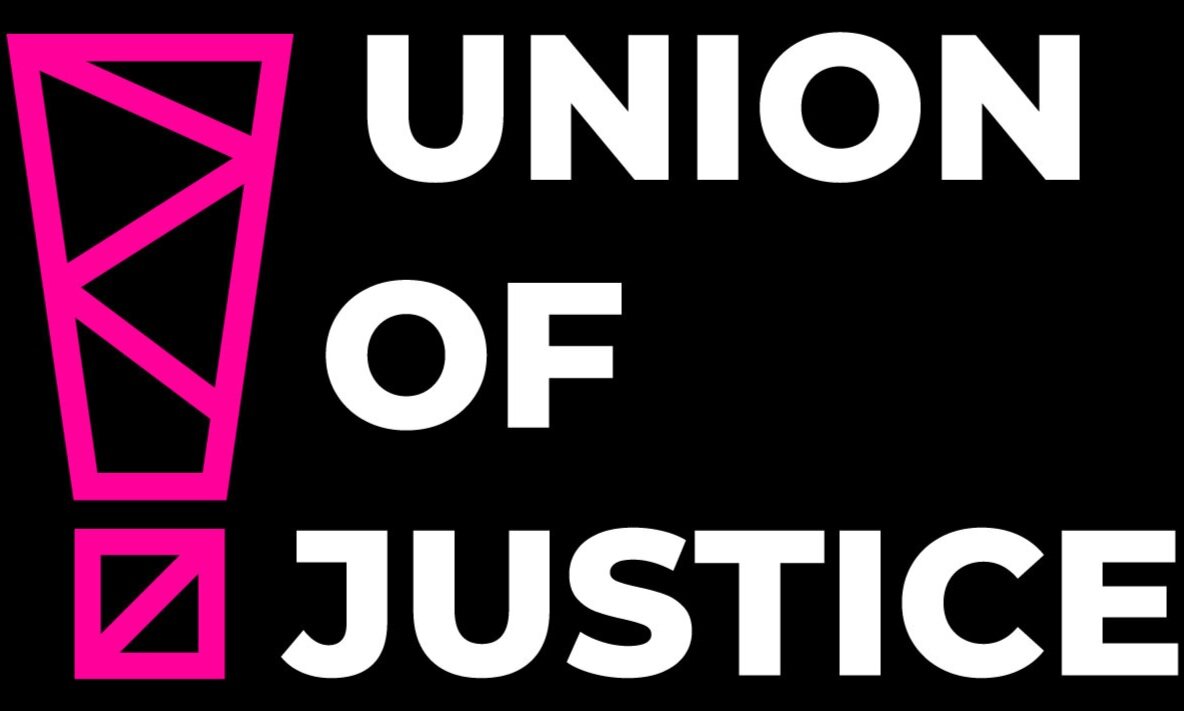If you care about the climate, you have to care about Palestine.
The climate movement in Britain and across Europe has responded to Israel’s latest assault on Gaza in a decidedly mixed manner. The extent of the violence wrought by the Israeli state - calculated, coordinated, and openly celebrated by its figureheads - has reached the level of genocide, according to experts and analysts.
At its most base level, the moral case against the Israeli state is by now more than self-evident. Yet as an instance where the war against land and a war against a people is so vividly entwined, it is incumbent on the climate movement to more actively extend its moral and material solidarity to the Palestinian people, and to recognise the Palestinian liberation struggle as an indivisible component of our vision of global justice.
In light of the pressing need for global climate action, it is critical to recognise that Palestinian environmental issues are inextricably linked to the larger context of occupation. In addition to political and human rights issues, an analysis of the Israeli occupation should address the environmental injustices that keep Palestinians in a state of vulnerability.
One striking illustration of the environmental injustices Palestinians experience is the lack of access to water, a basic human need. Many Palestinians struggle with water scarcity as a result of Israel's control over water resources, which impedes agricultural practices and economic development. The effects on the environment are not just unintentional side effects of policies that increase vulnerability.
War against land, war against a people
As the climate movement has gradually become attuned to the centrality of migrant justice and of fighting violent border policies to its own campaigning, so too should that be extended to its logical conclusion: supporting the struggle of Palestinians against the matrix of domination that governs land and life in occupied Palestine, both in war and during times of ‘peace’.
Evidence for this can be found both in the forms of violence that Palestinians are subject to by Israel, as well as that which they are violently denied by it: from the burning of Palestinian olive trees, that very symbol of peace, to Israel’s meticulous and discriminatory control of water supplies in the West Bank; from to the violently maintained fishing limits off Gaza’s coast to the deadly white phosphorus munitions poisoning its earth.
This forms a matrix of domination that serves as a template for repressive governments worldwide. This is illustrated in its sharpest forms in the West Bank by the infamous apartheid wall physically dividing Palestinian from Jewish-Israeli populations, the endless, arbitrary detention of thousands in the Israeli prison system as well as the system of army checkpoints tightly regulating movement - all of which find chilling echoes in the ever-expanding assault on refugees and asylum seekers in the West: from the US-Mexico border wall, to migrant detention facilities and to the militarisation and surveillance of borders across Europe.
European solidarity against European complicity
The latest assault on Gaza, as with past wars in 2021, 2014 and 2008/9 amounts to a targeted attack against key social infrastructure - universities, hospitals, refugee camps - to make the conditions of life and social reproduction in the enclave impossible. The apparent endgame in the eyes of the Israeli government appears to be a mass depopulation and ethnic cleansing of Gaza, likely to make way for a re-settling of the area by Israeli settlers, and the realisation of a ‘second Nakba’.
The escalation of violence against Palestinians has seen British Prime Minister Rishi Sunak outline a position which will be on the wrong side of history once again, which at this point should be expected. Even whilst his own Foreign Secretary former Prime Minister David Cameron criticises the incredibly high civilian death toll, the UK remains resolute in support of an Israeli state that rejects international law. The UK Labour Party has also actively chosen to align itself with Sunak’s position, making it clear that the likely change in government we may see next year will not see a significant shift in UK-Israel policy.
Despite its brazen, daily violation of international law, and against an international wave of revulsion against Israeli brutality, the response from most European leaders and the European Union has been an unwavering defence of Israel. These range from steadfast declarations of support from European Commission chief Ursula von der Leyen, to surging arms exports from Germany, and the EU’s proposal of €18 million to support Israel’s ‘strategic communication and public diplomacy’: effectively rewarding its genocidal brutality.
We have also seen the sharp crackdown against organic expressions of solidarity with Palestinians across Europe. This includes the grim spectacle of Germany, host to the largest Palestinian diaspora in Europe banning Palestine solidarity organisations and <ostracising> Arab and Palestinian citizens. Meanwhile, France has seen pro-Palestine demonstrations banned and legislative proposals drawn up to criminalise criticism of Israel. Britain, for its part, has witnessed its government impatiently deploy anti-protest laws, introduced in part as a response to mass climate justice disobedience campaigns, to ban some of the largest demonstrations in its history.
The sirens should be sounding loud and clear for climate justice campaigners: the battle against Palestine solidarity is part and parcel of the Europe-wide shift towards authoritarian repression, and the racism directed against Palestinians, Arabs and Muslims in Europe reflects the grotesque hierarchy of humanity that Europe has long sought to uphold.
The struggle against colonialism, against racism and against militarism all collide in the case of Palestine. If the climate justice movement in Europe is to make true on its promise as a defining battle of our generation, and seek to recover the full dignity of humanity, it too must embrace the Palestinian liberation struggle as its north star.

